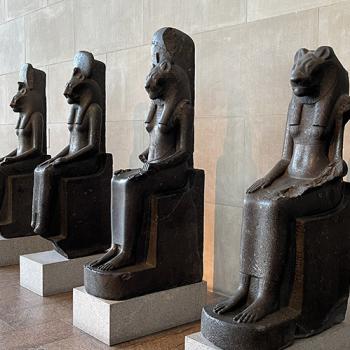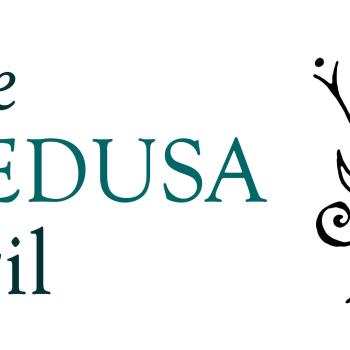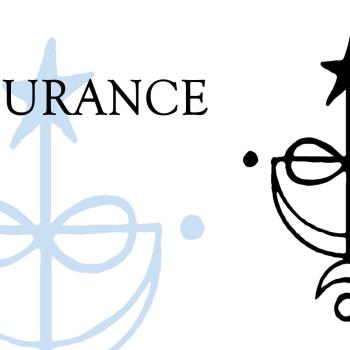
Last week there was a post that I believe started on Reddit, made it over to Twitter and spread beyond: ““Tradition” is just peer pressure from dead people.”
And quite a few well-meaning folks tagged or shared with me that post, especially since we had been covering the top of “what is tradition” in a study group I’m running. I know it’s supposed to be funny, and I do appreciate the intention of the folks sharing it with me. So I want to make it clear: I’m not mad or picking on anyone.
However from the start, that post just didn’t sit well with me. But at the time, I couldn’t quite put my finger on why. I needed to reflect deeper upon this for a bit.
What is Tradition?
In Chapter 1 of “Weave the Liminal” I discuss the concept of tradition at length, setting the premise for not only how “Modern Traditional Witchcraft” is really a thing, but also investigating the topic of authenticity. Some key quotes from that chapter:
-“Traditions are born, acknowledged, and reinvented and fade away into obscurity every day.” (p. 17)
-“We tend to equate ‘traditional’ with things that are old, ancient, or historic, have esteemed value, or were created by great people, but the reality is that traditions are being made every day by regular, ordinary people.” (p. 18)
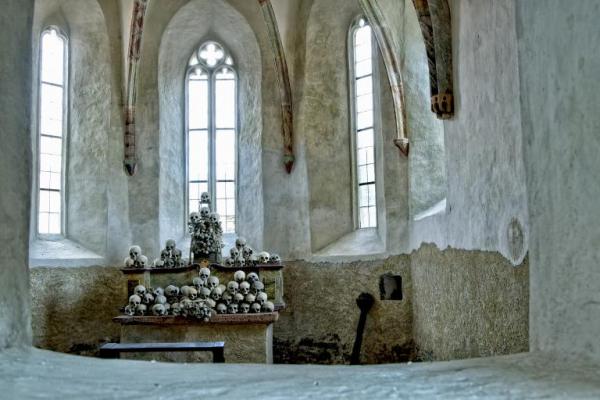
For and By The Living
Here’s the thing about traditions – they are made by the living – and they are also maintained by the living. Tradition is enforced by the living as well, which is where it can get a bit of a bad rap.
Enforcers can get caught up so much in the procedure and pedigree of a tradition that they’ve stopped considering how or why it was created, or if it’s still relevant. Blind enforcing is more likely to cause people to ditch a tradition, versus taking it up. Excellent traditions (may they be rituals, spells, lore, or other practices) that are passed on effectively are done so by exploring the how/why/when/where/who parts. Basically if you force something upon someone, they’re probably going to rebel. If you properly introduce, explain, and make the tradition relevant to them, they then possess the freedom to embrace the tradition wholly or modify it as needed.
The Dead Speak…Sometimes
So what about that peer pressure from dead people? Sure, an ancestor or recently deceased loved one could come to you and ask or tell you to do a thing. But more often than not, the request is almost always for the benefit of the living, not the dead. Why? You get a different perspective on life after dying, losing some attachments (including some the weightier chunks of ego) while gaining clearer vision of how the threads are connected. They want to see you succeed and continue on.
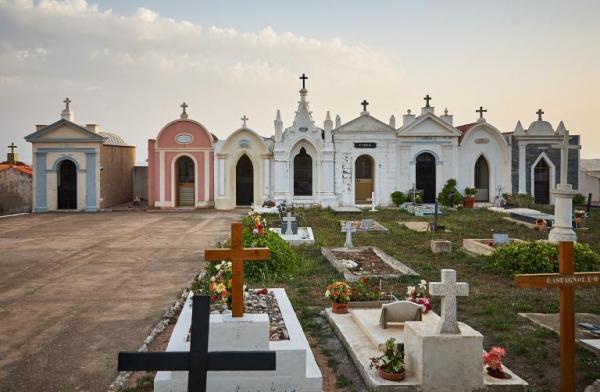
Also it’s important to note: Many of the death/ancestor rituals we do are also more for our own benefit than the deceased. Part of us recognizes that if we remember those who have passed on, perhaps we too shall be remembered. The practices may become part of a tradition focused on the dead, but they serve the living just as much.
And if we feel called to carry on a tradition because our deceased loved ones once initiated it or participated in it, that’s wholly on us. We feel the need to honor them, and most specifically our memories OF them. By participating in tradition’s rituals, we feel more connected to them and continue to weave the pattern we call life.








